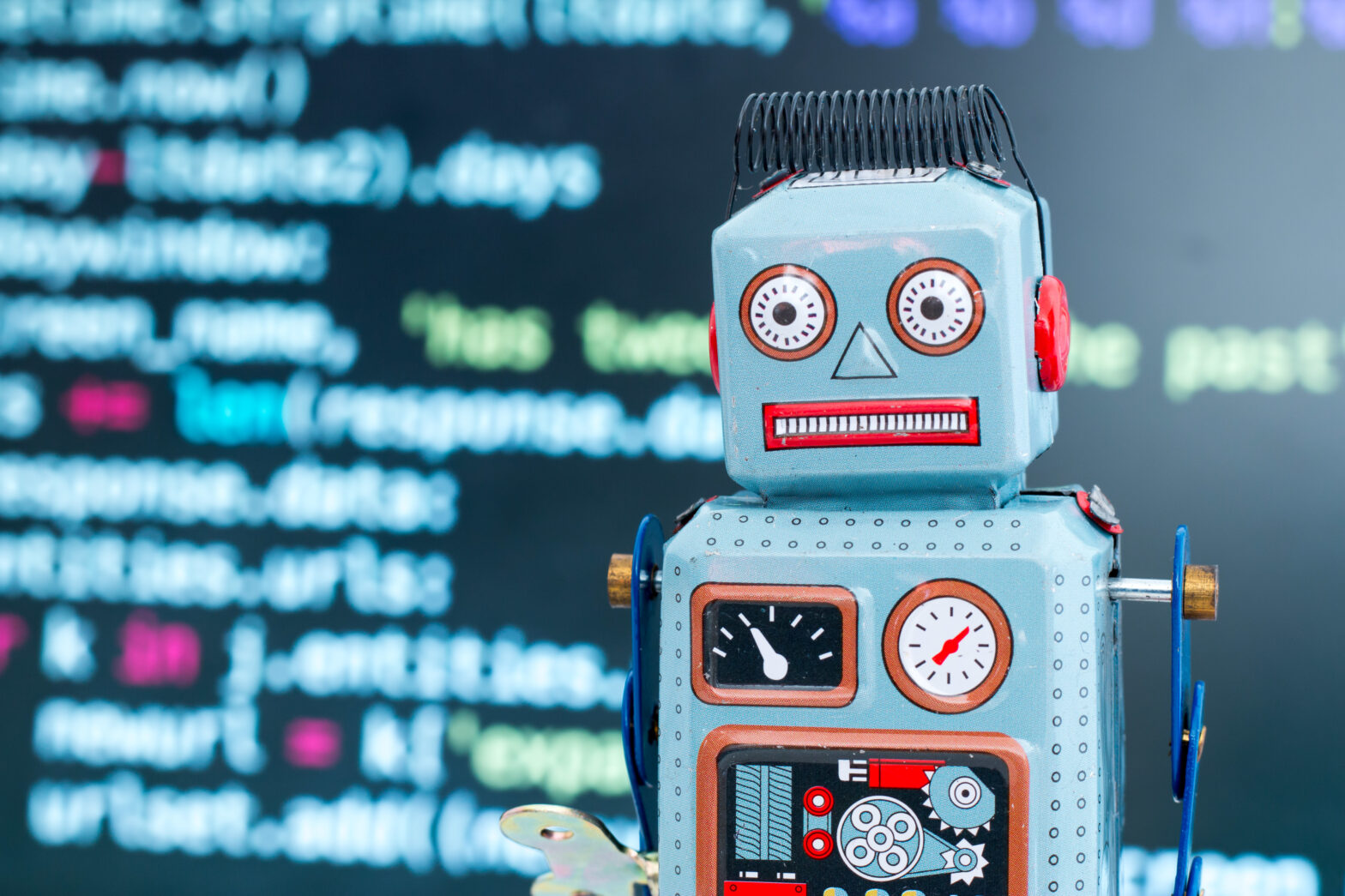Is Artificial Intelligence a blessing or a curse?
Artificial Intelligence, or AI, which has brought us everything from Siri to drones, has long been lauded as a game changer.
However, a recent report authored by a group of 26 experts from elite institutions including Cambridge and Oxford universities, suggests that this superior technology could be vulnerable to manipulation from criminals, rogue states and even terrorists.
Their report, The Malicious Use of Artificial Intelligence: Forecasting, Prevention, and Mitigation, forecasts a concerning rise in cyber-crime over the next decade, with particular reference to drones, and cautioned that if AI is targeted it could pose a serious national security risk.
But what about the impact on businesses?
Companies across Wales frequently use AI in their dealings, from smart phone personal assistants including Siri and Alexa, to drones used to carry out land surveys.
Many also use AI to support with online customer support functions, to carrying out internal security camera surveillance, and even automatically generate emails or text messages to help alert customers to potential fraudulent transactions. It can even help companies to process large amounts of customer data.
Many companies may be unaware of the significant role AI plays in their daily business dealings.
So what are the implications for businesses if artificial intelligence is targeted by malicious groups or individuals intent on committing criminal activity?
Antony Crampton, compliance and investigations director from leading cyber crime and compliance business CJCH Consulting, said this type of highly intelligent hacking could have worrying consequences across the business community.
He says, ‘While we have been aware of the benefits that AI can bring in supporting growth and prosperity in business, we have also long discussed its worrying potential vulnerability in relation to cyber criminals.
‘Online criminals are constantly looking for ways to access business information which they can exploit, and the use of artificial intelligence could potentially provide them with another access point.
‘This report illustrates the potential for extreme misuse of this technology over the next five to 10 years, and should act as a warning to businesses to analyse and update their online security procedures to help safeguard against hackers and prevent them from gaining access.’
Crampton offered his advice on the particularly vulnerable areas where businesses could be targeted and the potential implications of this.
Businesses, which routinely rely on AI, to process large amounts of financial information or process customer details, could be targeted by hackers looking to access their systems and obtain these details for fraudulent means.
Not only do businesses use AI online to attain customer information, but they may also use an online personal assistant to gain information, leaving any accounts linked to that device vulnerable to hacking. This could lead to a significant data breach risking the personal information of numerous clients, suppliers, and related businesses, creating a serious threat of fraud, identity theft, and theft of funds.
An increase in spam emails created from social media information could also be sent out from businesses by hackers looking to target customers, or to businesses looking to gain confidential information.
Ransomware criminals could also potentially begin exploring any weaknesses in AI for manipulation. These types of cyber attacks have targeted large and small businesses across the UK, and often result in the victim paying out substantial funds to the hacker.
In more extreme cases, commercial drones and automated cars could potentially be hacked and turned into weapons. This is particularly concerning in relation to vehicles, which have increasingly used to target civilians for terrorism purposes in recent years.
Mr Crampton adds, ‘Businesses which have concerns about the implications of this report, or which want to update their cyber security of anti-piracy policies should consult an expert. We at CJCH Consulting are on hand to help advise on all specialist matters relating to cyber crime.’






